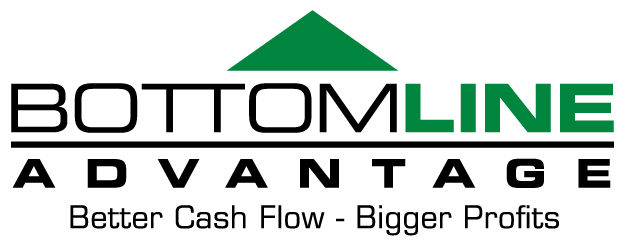- April 7, 2016
- Posted by: admin
- Category: Cost Reduction

“We know we need to reduce operating expenses, but don’t see where we can make cuts. However, we also don’t have the budget to hire a high-priced consultant to figure it out for us.”
If your organization is bleeding profits through regular, everyday operating costs, the last thing you want to do is add another expense to your balance sheet. However, if you ask the right questions with the right consultant, you can recover those hard-to-find dollars.
Myth about cost-reduction consultants: You have to spend money to save money
Today, the term “consultant” is applied to a wide range of individuals, professions, and organizations. A consultant can actually be a caring, dedicated professional who brings targeted expertise to your organization — or a freelancer who is primarily interested in collecting high fees.
Unfortunately, those less qualified consultants have created some myths about the nature and cost of the consulting relationship.
- The better they are, the more they cost — so an expert will come with a high price tag.
- Consultants can’t be sure how much they will actually save you, so they charge a fee regardless of the results they provide.
- Return on investment takes time to accumulate, so you have to pay upfront.
If the consultants you speak to are supporting any of these myths, it’s likely that they are generalists — not experts who truly specialize in a particular expense area.
Why does specialization make a difference?
An Expense Category Expert (ECE) is a true industry insider who not only understands how you are using your vendor’s products and services but also has firsthand knowledge of the vendor’s true costs for providing them.
That insider knowledge means that the ECE can provide predictable results and will stand behind his or her work.
When vetting an ECE, ask these three questions:
- Is the ECE asking for any up-front fees? If the ECE is willing to accept the risk of delivering results without pre-payment, he or she is demonstrating confidence in his or her expertise and ability to deliver.
- Does the ECE provide a written performance guarantee? Even without a prepayment, you will be investing time to work with your ECE. The guarantee identifies the benefit you’ll get for that time commitment so you’ll know the value of the savings you’ll get before you start.
- Is the ECE willing to be paid his or her earned fee over time? This commitment from your ECE means you’ll be able to confirm your hard-dollar savings over the time period the ECE is compensated — so you can see that you’ve received the value you expected.
An ECE who is confident about his or her experience and ability to produce results will be able to assume the risk of supporting your cost analysis project — instead of asking you to take the risk.
BottomLine Advantage Ironclad Guarantee
Your “Ironclad Hard-Dollar Results Guarantee” states in writing the minimum net hard-dollar figure that will be recovered for you. If that figure is not achieved, your project will be completed, the performance-based fee waived, and you’ll keep 100% of the hard dollars recovered.Our process has NO upfront costs and is never an expense.Learn more about our guaranteed cost reduction. You can also read our case studies, or contact us directly.

